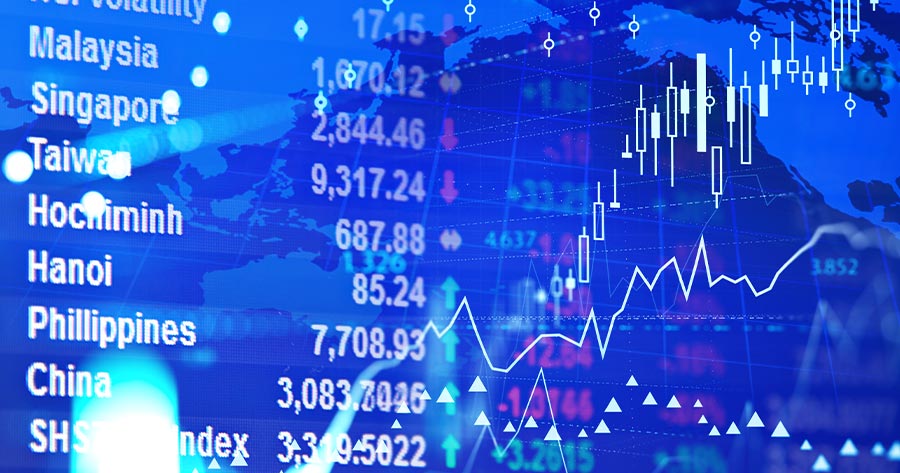On Monday morning (20 January, 9:28 AM, GMT+7, Bangkok time), major indices in Asia Pacific exhibited an upward trend before the inauguration of the new U.S. president, Donald Trump, as investors were eager to gain more insights into the upcoming policies of the incoming administration.
The People’s Bank of China (PBOC) decided to keep its key interest rates steady, maintaining the 1-year loan prime rate at 3.1% and the 5-year LPR at 3.6%.
Central banks in Asia are set to meet later this week, with the Bank of Japan scheduled to conduct its upcoming policy meeting from January 23 to January 24. BOJ Governor Kazuo Ueda has indicated a possibility of raising interest rates.
Meanwhile, markets in the US will be closed on Monday.
Japan’s NIKKEI expanded by 1.23% to 38,922.94. South Korea’s KOSPI climbed by 0.09% to 2,525.94, and Australia’s ASX 200 rose by 0.23% to 8,329.5.
As for stocks in China, Shanghai’s SSEC grew by 0.53% to 3,259.02. Hong Kong’s HSI jumped by 1.69% to 19,915.3, and Shenzhen’s SZI increased by 1.23% to 10,286.23.
Meanwhile, the US stock markets edged up on Friday as the Dow Jones Industrial Average (DJIA) escalated by 0.78% to 43,487.83. NASDAQ soared by 1.51% to 19,630.2, and S&P 500 gained 1% to 5,996.66. VIX slumped by 3.8% to 15.97.
As for commodities, oil prices settled lower on Friday, driven by the recent U.S. sanctions on Russian energy trade, which raised concerns about potential disruptions in oil supply. Brent futures decreased 50 cents or 0.61% to $80.79 a barrel, and the West Texas Intermediate (WTI) declined 80 cents or 1.01% to $77.88 per barrel.
This morning, Brent futures dipped 3 cents or 0.04% to $80.76 a barrel, while the WTI rose 10 cents or 0.13% to $77.98 per barrel.
Meanwhile, gold futures dropped 0.42% to $2,737.2 per Troy ounce.




